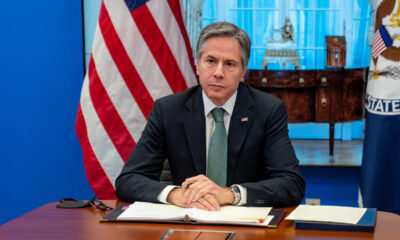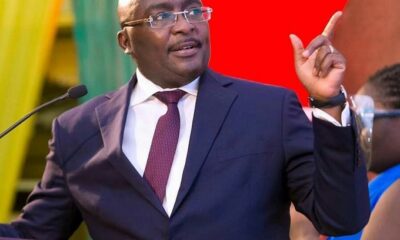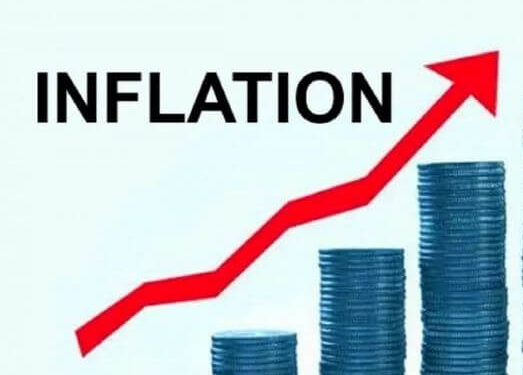The deputy CEO in charge of operations for Ghana’s Cocobod has revealed that the regulator will use a portion of a $200 million World Bank loan to restore plantations that have been devastated by the cocoa swollen shoot virus, which lowers yields and kills plants.
The bug has destroyed over 500,000 hectares of farmlands and decreased the country’s production of cocoa.
After reaching a peak of 1.048 million tonnes in the 2020–21 season, Ghana’s output fell to 600,000 metric tonnes last year as a result of the cocoa-swollen shoot virus, ageing plantations, illicit mining, and smuggling.
According to a project information sheet, a total of $132.8 million of the loan that the government secured last year and the counterpart money would support Cocobod’s efforts to restore crops and advance our understanding of viral strains.
“The rehabilitation will take a minimum of five years to start getting economic production,” Cocobod’s Emmanuel Opoku told Reuters, adding that efforts had been hampered by the country’s economic crisis and the board’s limited funds.
According to Opoku, the program—which was initially intended to span 156,000 hectares of plantations—was engulfed in Ghana’s worst economic crisis in a generation, which resulted in skyrocketing inflation and a significant depreciation of the cedi.
More than 88,000 hectares of farmlands benefited from the AfDB facility, he claimed, with 40,000 hectares prepared for return to farmers in “the coming days.”
After its neighbour, Ivory Coast, Ghana is the second-largest producer of cocoa worldwide. Two-thirds of the world’s cocoa crop is produced in West Africa, with an extra 1.55 million metric tonnes produced annually by neighbouring nations including Ghana, Nigeria, Cameroon, and Togo. However, severe droughts, floods, and unpredictable weather have all had an impact on productivity.
Some analysts contend that in order to optimise the market for finished goods, the continent needs to get involved in the processing of raw materials like cocoa. If not, industrialised countries with factories manufacturing chocolate would continue to take advantage of the space, exploiting local producers of raw materials.


 Politics2 days ago
Politics2 days ago
 Musings From Abroad2 days ago
Musings From Abroad2 days ago
 VenturesNow2 days ago
VenturesNow2 days ago
 VenturesNow2 days ago
VenturesNow2 days ago

























